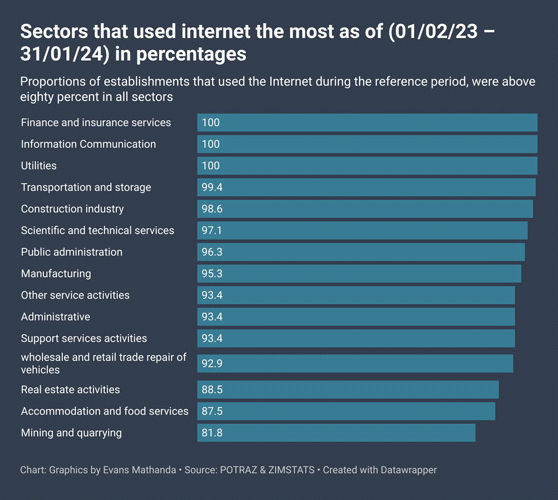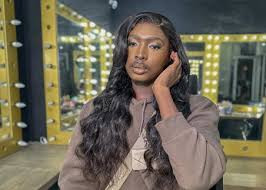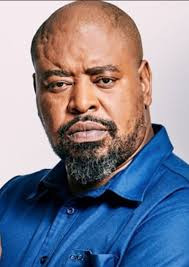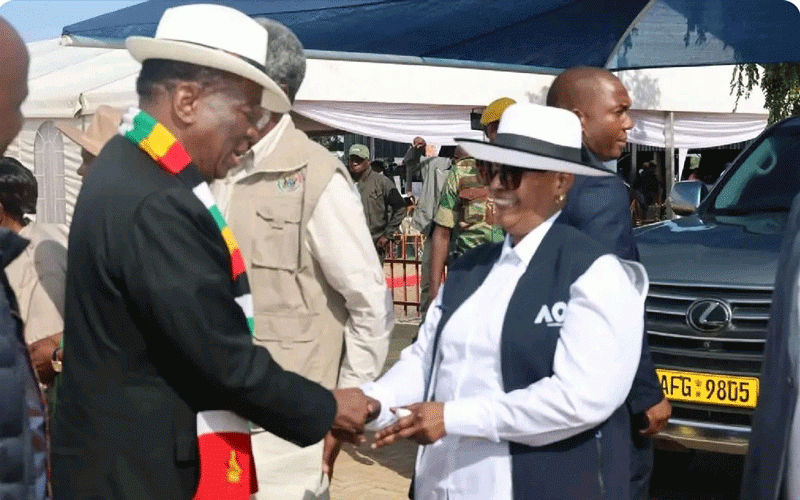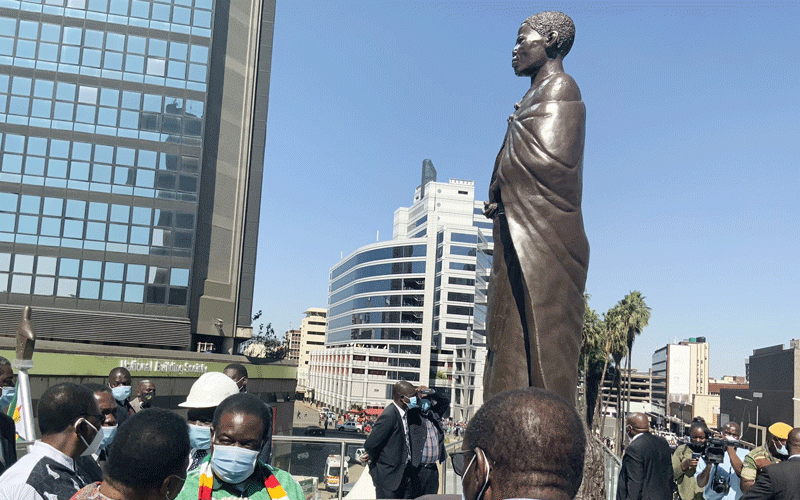
Political discourses in Zimbabwe have had a fair share of spiritual perspectives to substantiate certain political agendas. Only time will tell on the validity of such spiritual perspectives and utterances. Political leadership in African traditional settings was characterised by consultations with spirit mediums to authenticate issues in relation to heirs to the thrones.
Since time immemorial, leadership that was not authenticated by the spirits or the gods was not expected to last. Such leadership was also expected to experience turbulence unless corrective measures were taken.
However, in contemporary Zimbabwe spiritual leaders, traditional leaders, traditional healers and politicians across the political divide have declared that certain political figures were chosen by the gods to govern.
Apostle Davis Mambure, the secretary-general of the Zimbabwe Council of Pentecostal Churches (ZCPC) said: “In religious circles, spirituality is more real than the physical, hence what the spirit determines or detects supersedes what is in the physical world.
“Other religions have similar beliefs that align to their deities like Christianity.
“In African traditional religion, people believe in their ancestors and spiritual mediums, hence they believe their deities have always worked for them, thus we can’t separate spirituality from politics.
“The continued reference to Mbuya Nehanda, Kaguvi, Chaminuka, the Zimbabwe Yeropa Ramagamba prophecies are good examples of cases whereby politicians use spiritual voices to substantiate their cause.
“The erection and guarding of the Mbuya Nehanda statue, the call for the repatriation of remains of the heroes of the First Chimurenga cannot be ignored also.”
- Mavhunga puts DeMbare into Chibuku quarterfinals
- Bulls to charge into Zimbabwe gold stocks
- Ndiraya concerned as goals dry up
- Letters: How solar power is transforming African farms
Keep Reading
Respected elder in Chirwaminga, Mutasa district Madekuziwa said when people get old they become wiser as well as closer to ancestorship.
“It is regarded as a sign of wisdom, hence we need to elect older people,” he said.
“There is nothing wrong in electing leaders advanced in age into power.
“Ideologically, it means that because of advanced age, the leaders represent wisdom and proximity to ancestorship.
“In villages and households, elderly people are regarded as custodians of wisdom, the young should not be seen as wanting to lead while the elders are still alive.
“Hierarchy based on age should be respected.”
The late former president Robert Mugabe was losing grip on his political life in 2008. He was advanced in age compared to his competitor Morgan Tsvangirai, leader of the opposition MDC-T party. Knowing that he had lost the first round, Mugabe was prepared to use all instruments at his disposal to win.
Mugabe later appeared on national television to announce that the national spirit mediums of Mbuya Nehanda and Sekuru Kaguvi regarded the election results as the signal for the return of British colonialism.
From that point onwards, the focus shifted from the people’s wishes to the voices of the ancestors. While seeking another mandate from the people, Mugabe began his campaign by reminding the people that the country belonged to the spirits of those whose blood was shed for the liberation of the country.
Commenting on the spiritual voices being echoed to solidify chances of election victories, Prince Mutandi Sibanda, Zinatha secretary-general said they don’t predict political results.
He, however, indicated that as traditional healers they were involved in interventions spiritually to address national and social issues.
“The process involves traditional leaders and certain tribes who have the mandate to do rituals to address national issues,” Sibanda said.
In post-independent Zimbabwe, especially beyond the year 2000, there has been criticism of historical ecumenical spiritual voices that have been accused of dabbling in opposition politics. The criticism has led to the formation of pro-government church groups. During the Mugabe era, the Apostolic Christian Council of Zimbabwe (ACCZ) under Archbishop Johannes Ndanga was formed to counter the messages of church bodies that were critical of government.
In the post-Mugabe era, Zimbabwe witnessed the formation of the Zimbabwe Indigenous Inter-Denominational Council of Churches (ZIICC) for the same purpose.
The ZIICC through its patron, Nehemiah Mutendi and spokesperson Andrew Wutawunashe have shown their allegiance to the government and the ruling party.
Some years ago ZIIC castigated the Zimbabwe Catholic Bishops Conference (ZCBC) after they had penned a document titled The march has not ended.
“We take strong exception and categorically dissociate ourselves from calls by certain religious leaders to march against the government and to reignite conflicts and wounds of the past to heal us, from which God answered our prayers by bringing political leaders to the negotiating table whose reconciliation was achieved,” ZIIC said.
The ZCBC had some backing from the Zimbabwe Council of Churches, Anglicans and the Evangelical Fellowship of Zimbabwe, they had indicated that the government was intolerant, corrupt, violating human rights and did not have any regard for the rule of law; a characteristic of the prophets of old in the Bible who were against injustices.
Instead, Wutawunashe denied such assertions, but blamed targeted sanctions for the continued suffering of citizens. On the other hand, Mutendi chastised the bishops for placing judgment on the government rather than advocating for positive and constructive discourse. It is clear from the above that there are two different spiritual voices going separate ways, hence only time will tell on the validity of the substance being presented by them.
President Emmerson Mnangagwa when he “returned from exile” in 2017 coined a statement to the effect that “the voice of God is the voice of the people”, which became completely the opposite of the pragmatic dogma in democratic nations he purported to lead.
Mnangagwa has frog-marched himself to several religious sects to rubber-stamp his spiritual mantra that the voice of the people is the voice of God.
Multitudes of apostolic sects' congregants have so far paid allegiance to president Mnangagwa and Zanu PF. Mapositori for ED has been created. Pastors for ED has been created to suit the mantra.
According to Prophet Jeremiah Musa Manwere of Ebenezer International Christ Ministries, the notion that the voice of the people is the voice of God simply means God respects how people form consensous regarding earthly affairs.
This speaks much to how God respects a people-driven constitution as the law of the land.
Commenting on the “God is in it” statement by Citizens Coalition of Zimbabwe leader Nelson Chamisa, Prophet Musa opined that this is prophetic; it refers much to the involvement of God's hand in Zimbabwean politics.
“The rulers and the alternatives are there because of God, hence he is in them all,” he said.
“What is needed for now is to abide by the will of God as it always prevails.”

